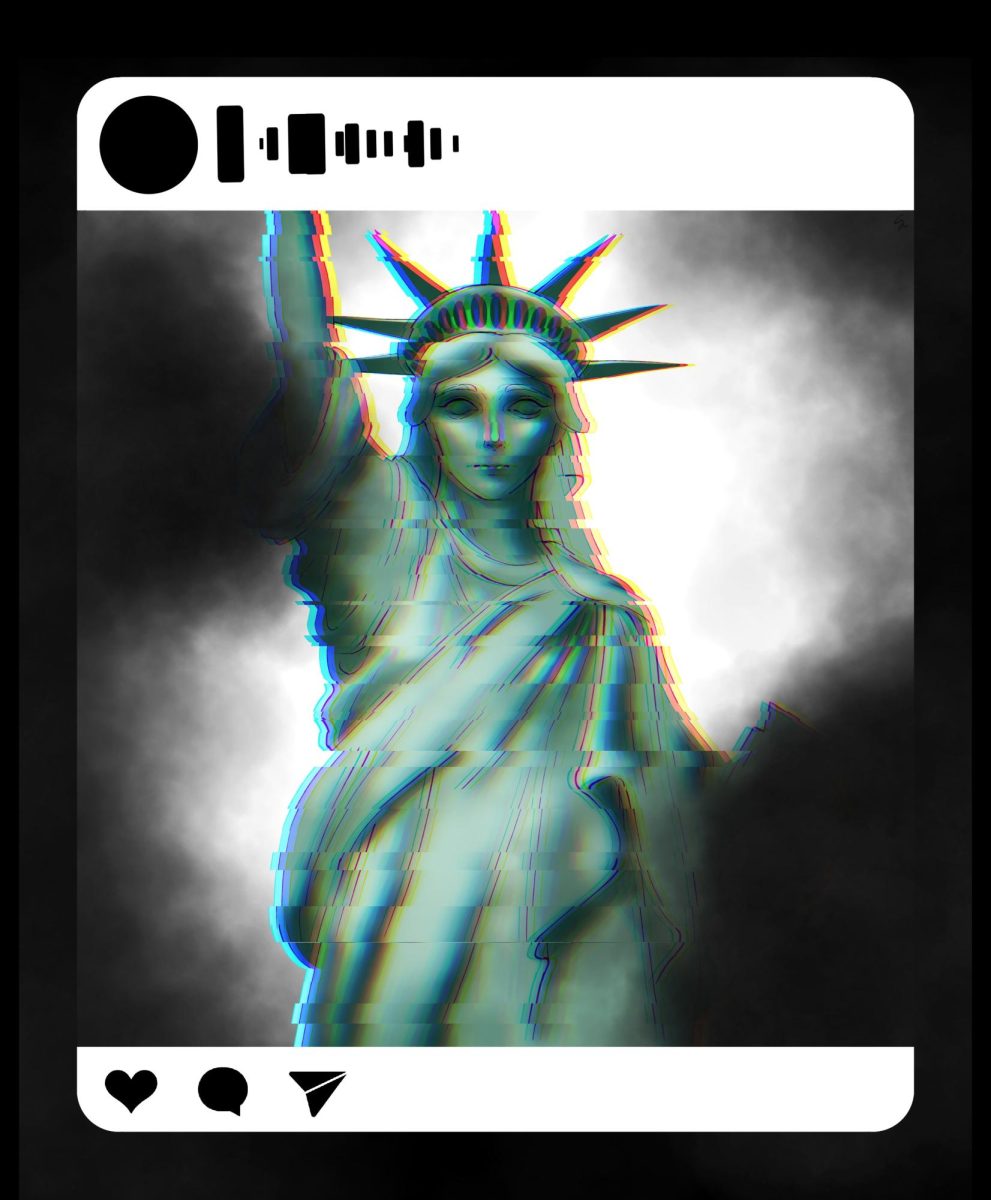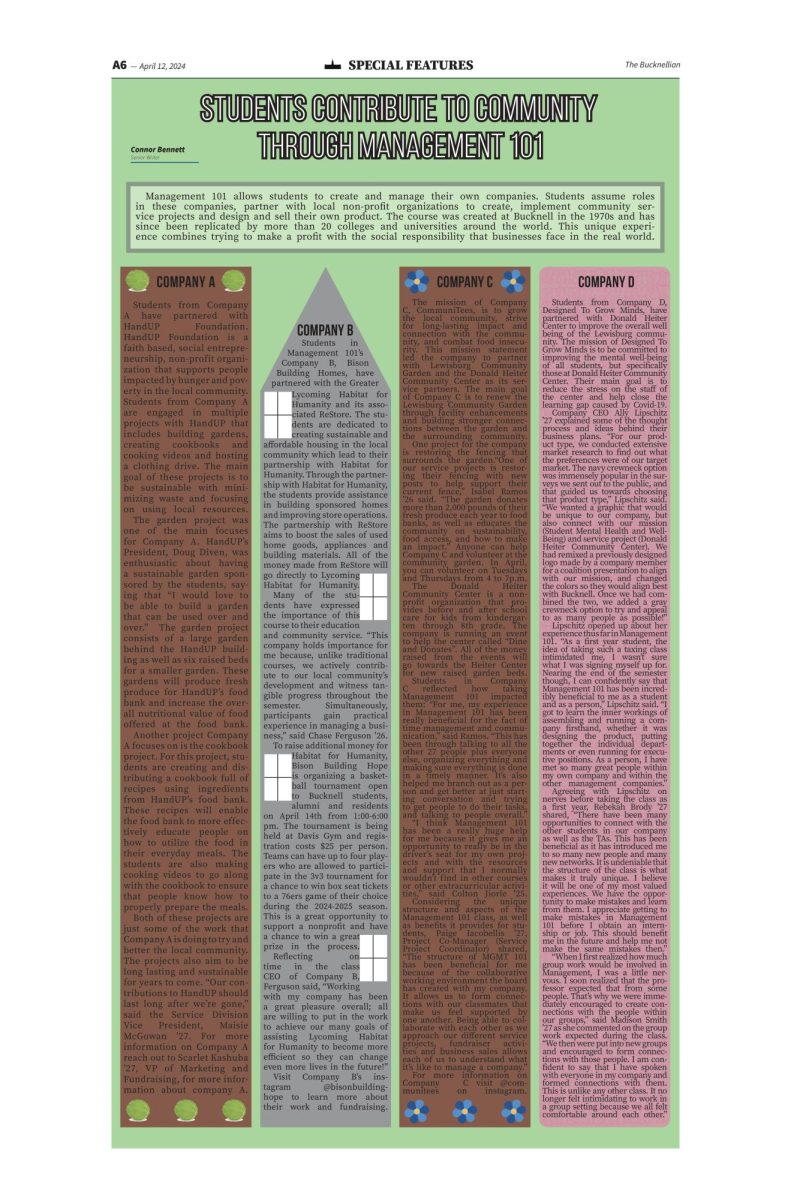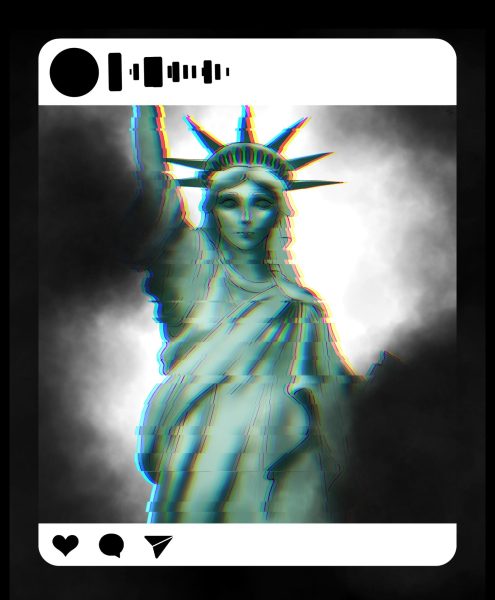Mugabe’s ousting provides new hope in Zimbabwe, but is it enough?
November 30, 2017
The Zimbabwean military placed President Robert Mugabe under house arrest after a coup-like operation on Nov. 15. While he was initially hesitant about making it clear whether he would stay in power or not, Mugabe, 93, had no choice but to formally resign from the presidency earlier this week. Emmerson Mnangagwa, Mugabe’s vice-president prior to being abruptly fired on Nov. 6, is expected to assume power until the national election next year.
Mugabe has ruthlessly ruled Zimbabwe for nearly four decades, since the country’s independence in 1980. His regime has included a well-established spoils system which rewarded Mugabe’s allies in Zimbabwe brought on harsh, often violent reactions from the government to his opponents. Mugabe systematically rid his party of possible contenders to power and was allegedly grooming his wife, Grace Mugabe, to take over the presidency following the end of his reign, which he had famously stated could be brought about by “only God.”
Mnangagwa’s removal seems to have been the last straw with his ruling ZANU-PF party and the military. Following the military operation, Mugabe’s party was quick to expel him from their ranks and introduced a motion of impeachment due to fears that Mugabe was not willing to step down himself. Both the ZANU-PF and the military currently seem to support Mnangagwa as a replacement for Mugabe.
Following the news, British Prime Minister Theresa May stated that this change in Zimbabwean politics presented “an opportunity to forge a new path free of the oppression that characterized his rule.” On a similar note, the statement issued by the United States Embassy in Zimbabwe saw this as a positively “historic moment” while calling for the “unwavering respect for the rule of law and for established democratic practices” during this transition of power.
While such military operations are hardly known to establish democratic governments, it would be hard to argue that the removal of Mugabe is not a better alternative to him staying in power and passing the presidency to someone of his choosing. The statements issued by Great Britain and the United States express the same thoughts, yet also illustrate how ineffective the international community continues to be in dealing with leaders such as Mugabe.
Mugabe enjoyed international recognition by making multiple formal visits to the United States during his presidency and working closely with Great Britain on funding various government programs in Zimbabwe. This continued well beyond Mugabe’s regime being proven to be ruthless in terms of human rights violations and intolerance toward opposition.
The international community should be actively intolerant toward leaders that openly defy their citizens’ rights. This often is not the case as even stable democratic countries have been guilty of supporting visibly-oppressive regimes. This is not to say that oppressive regimes should be completely isolated from the rest of the world; actions of that sort would be detrimental for the population of the country. Rather, the international community should put substantially more pressure on regimes like that of Mugabe’s than it has previously done so. While Mugabe’s ousting seems to be a step in the right direction, it might not be enough to establish a stable and fully democratic system of government in Zimbabwe.


























